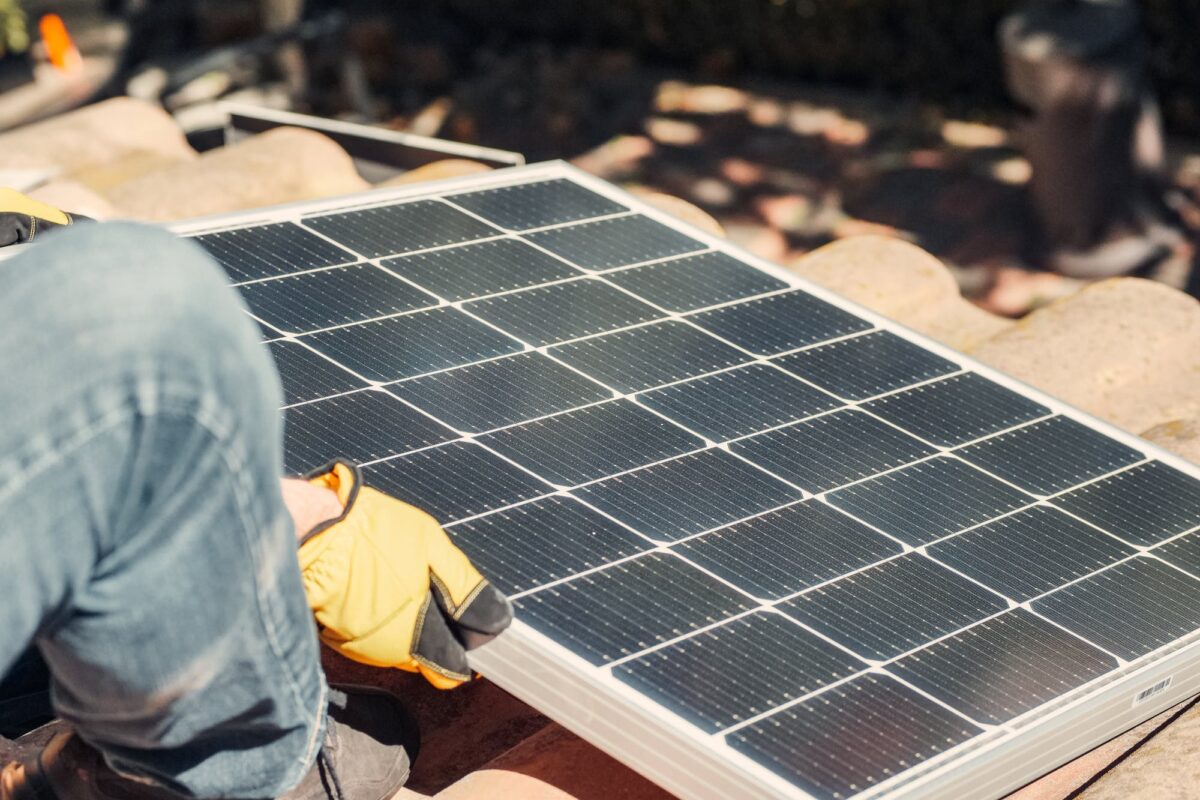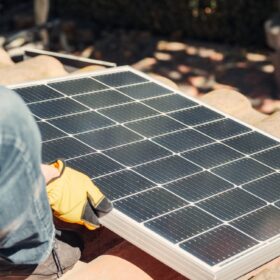Politics in Louisiana is a famously entertaining spectacle, unless you are on the receiving end. But it is hard to find much to laugh at in the energy politics of the state.
The petrochemical industry has been a great power in Louisiana for a century, and Entergy, the monopoly utility and nation’s second-largest nuclear operator, is one of only two Fortune 500 companies in the state. The strong presence of these interests in the state’s economy and politics explains much about the energy policy decisions that are imposed upon Louisiana’s citizens.
Thus it is hardly surprising that the Louisiana Public Service Commission (LPSC) has moved to eviscerate net metering, by moving all exported electricity to avoided cost instead of retail rates. This would be calculated instantaneously, in a process which is described as “two channel billing”.
Worse, LPSC would apply this to existing customers under the state’s net metering system after only a five-year grandfathering period, destroying the economics of their investment in solar. Additionally, the calculations for this avoided cost would largely be left to the utilities, and the draft proposal specifically opens the door for these utilities to impose discriminatory charges on their customers who adopt solar.
Last week the solar industry and clean energy advocates fired back against the proposal. In specific, comments by Gulf States Renewable Energy Industries Association (GSREIA), Alliance for Affordable Energy and Sierra Club noting multiple failings of the proposal and the lack of a record of evidence to support it.
This first failing was noted by the Alliance for Affordable Energy, which has been advocating for both progressive energy policy and Louisiana ratepayers for nearly four decades.* The Alliance argued that the commission’s draft changes to net metering demonstrate “a complete lack of basis to change the current rules”. “It has been the believe the of the Alliance that rule-making without substantiating data to support it is not a solution to managing net metering, or indeed, any regulatory decision-making”.
Sierra Club, for its part, has argued that the proposal is inconsistent with Louisiana’s law establishing net metering, which could be a warning of a future legal challenge if the rules are enacted. Sierra Club also notes that the default for export rates, currently set at a utility’s “avoided cost” are both unclear and do not reflect the full value of distributed solar.
GSREIA has honed in on a simpler problem: that by changing the rules abruptly, LPSC is not creating a stable policy environment, and argues that policy inconsistency and uncertainty is hurting small business, and preventing the growth of a diversified energy economy.
“(LPSC) leadership has the opportunity to help small businesses in Louisiana simply by fulfilling its requirement to establish a stable regulatory environment,” GSREIA President Jeff Cantin told pv magazine. “If the state wants to create a diversified economy, it has a big opportunity to do that, and the longer it waits to do that, the further behind it gets.”
It is interesting to note that it is not only solar which is commenting on the changes. WalMart, the state’s largest single employer, had little to say about the changes to export rates, but has called for a lifting of caps on the size of systems that can participate in net metering. WalMart has installed more solar on its facilities than any other U.S. company, and doubtless would seek to do the same in Louisiana under a favorable policy regime.
There is one party that seems mostly content with the proposed changes: Entergy. The changes proposed by LPSC are remarkably similar to those called for by New Orleans-headquartered power giant, which owns both monopoly utilities in Louisiana, Mississippi, Arkansas and Texas as well as a nuclear fleet throughout the nation.
The politics of LPSC are worth mentioning here. While LPSC has two members who were elected in the past few years, the other three have been present for more than a decade. Of these Chairman Eric Skrmetta has been a consistent opponent of renewable energy, and a senior staff of the pro-solar Republican who challenged him in 2014 had his home firebombed.
It remains to be seen when this proceeding, which is the second phase of LPSC’s investigation into net metering, will be resolved. Advocates say that LPSC was initially attempting to ram the process through by the end of the year, and since that deadline passed the schedule has been unclear, causing further uncertainty for the solar industry and clean energy advocates.
“The proposed modified rules contemplate profound changes to electricity rates for existing and future customers with distributed generation systems, and would transform Louisiana from a state that is generally friendly to solar development into one of the least-inviting states in the country for solar business and consumers that want to exercise energy choice,” notes the Sierra Club.
That may not be an accident.
*Editor’s note: The author is a former staff member of the Alliance for Affordable Energy.
This content is protected by copyright and may not be reused. If you want to cooperate with us and would like to reuse some of our content, please contact: editors@pv-magazine.com.









By submitting this form you agree to pv magazine using your data for the purposes of publishing your comment.
Your personal data will only be disclosed or otherwise transmitted to third parties for the purposes of spam filtering or if this is necessary for technical maintenance of the website. Any other transfer to third parties will not take place unless this is justified on the basis of applicable data protection regulations or if pv magazine is legally obliged to do so.
You may revoke this consent at any time with effect for the future, in which case your personal data will be deleted immediately. Otherwise, your data will be deleted if pv magazine has processed your request or the purpose of data storage is fulfilled.
Further information on data privacy can be found in our Data Protection Policy.